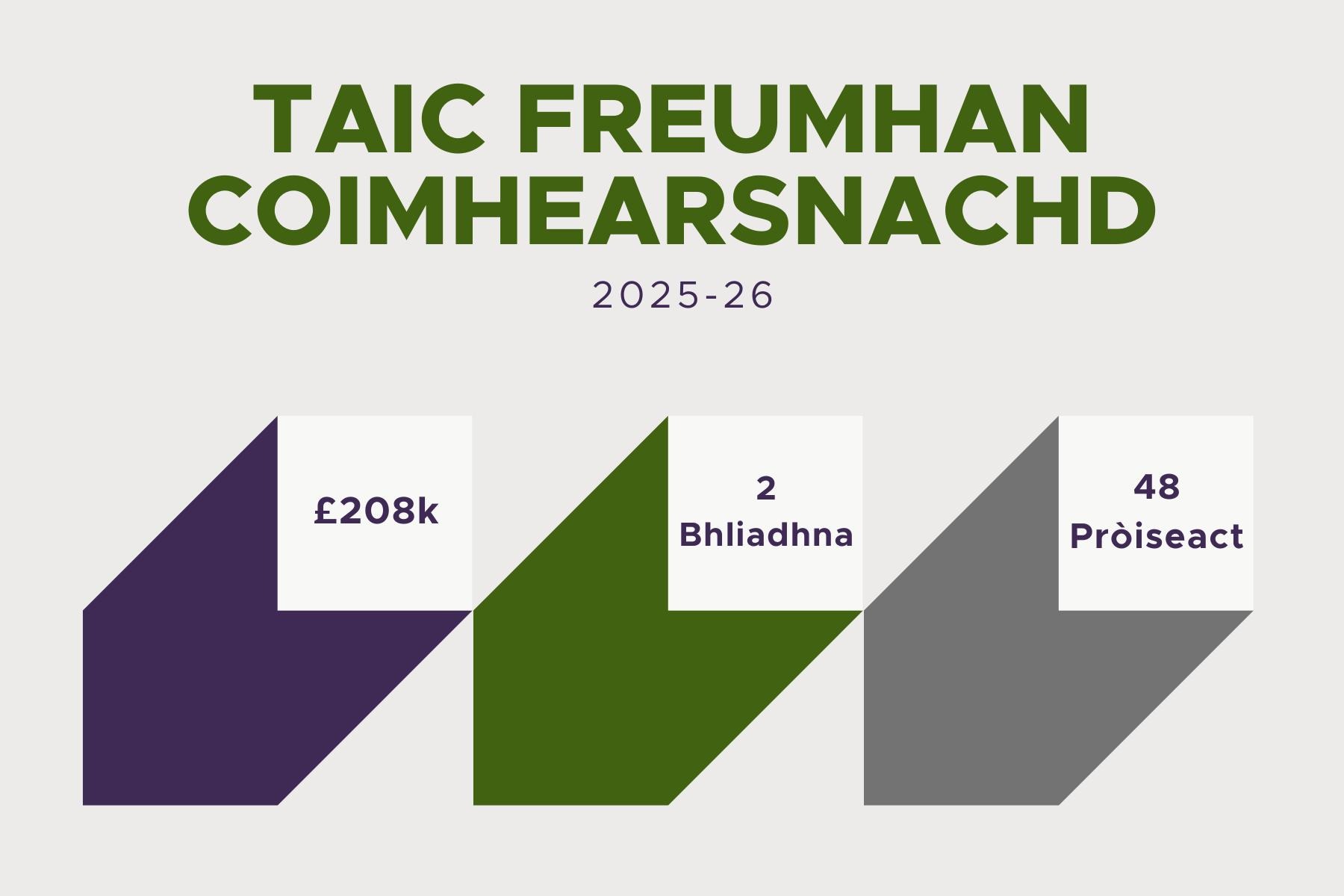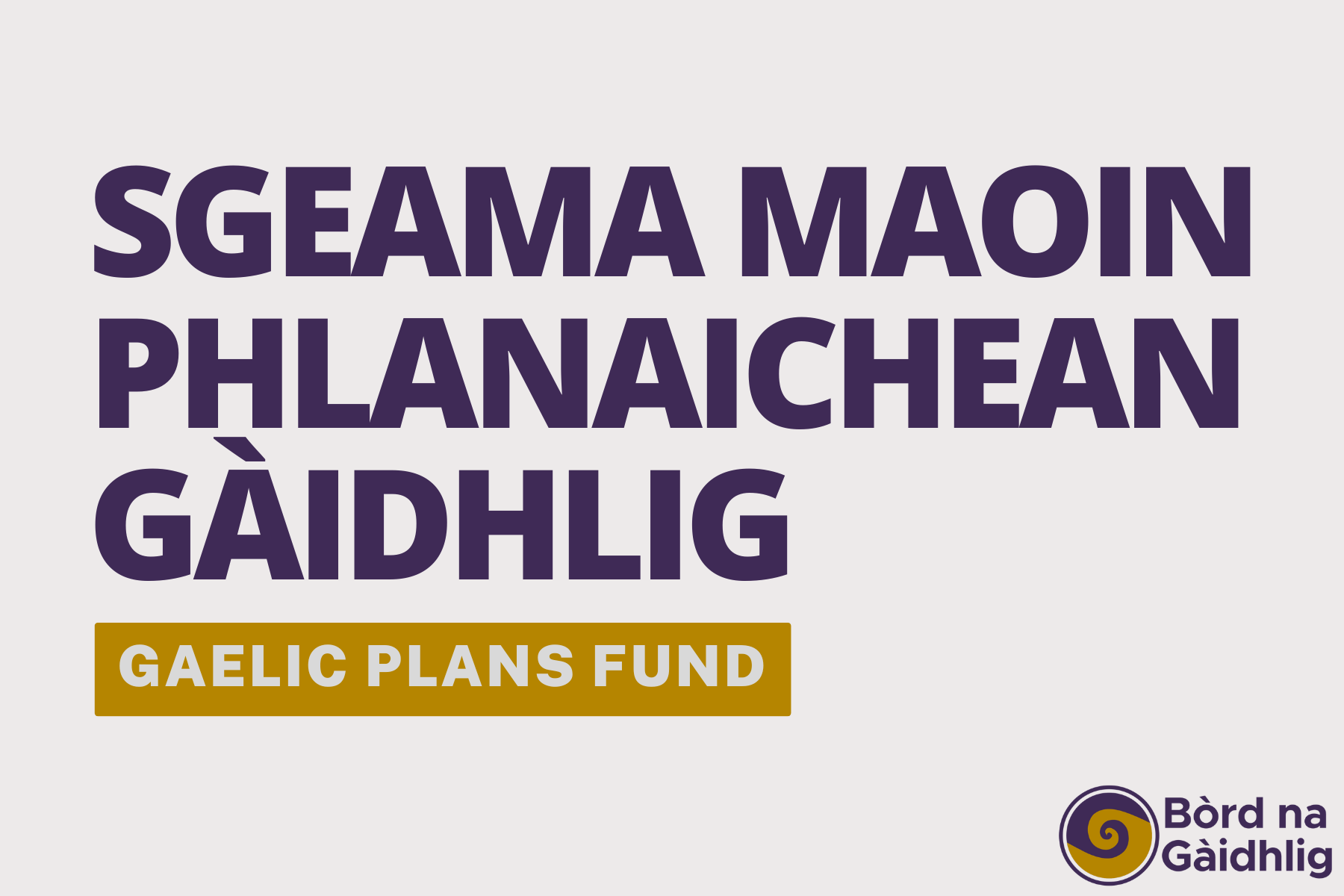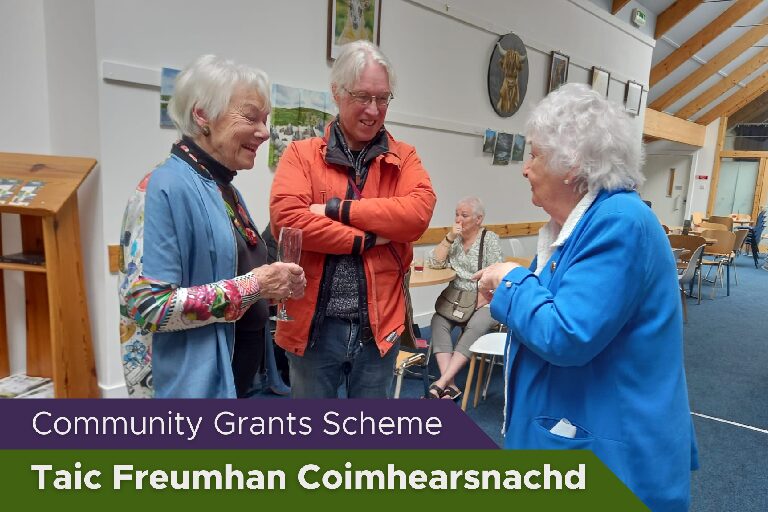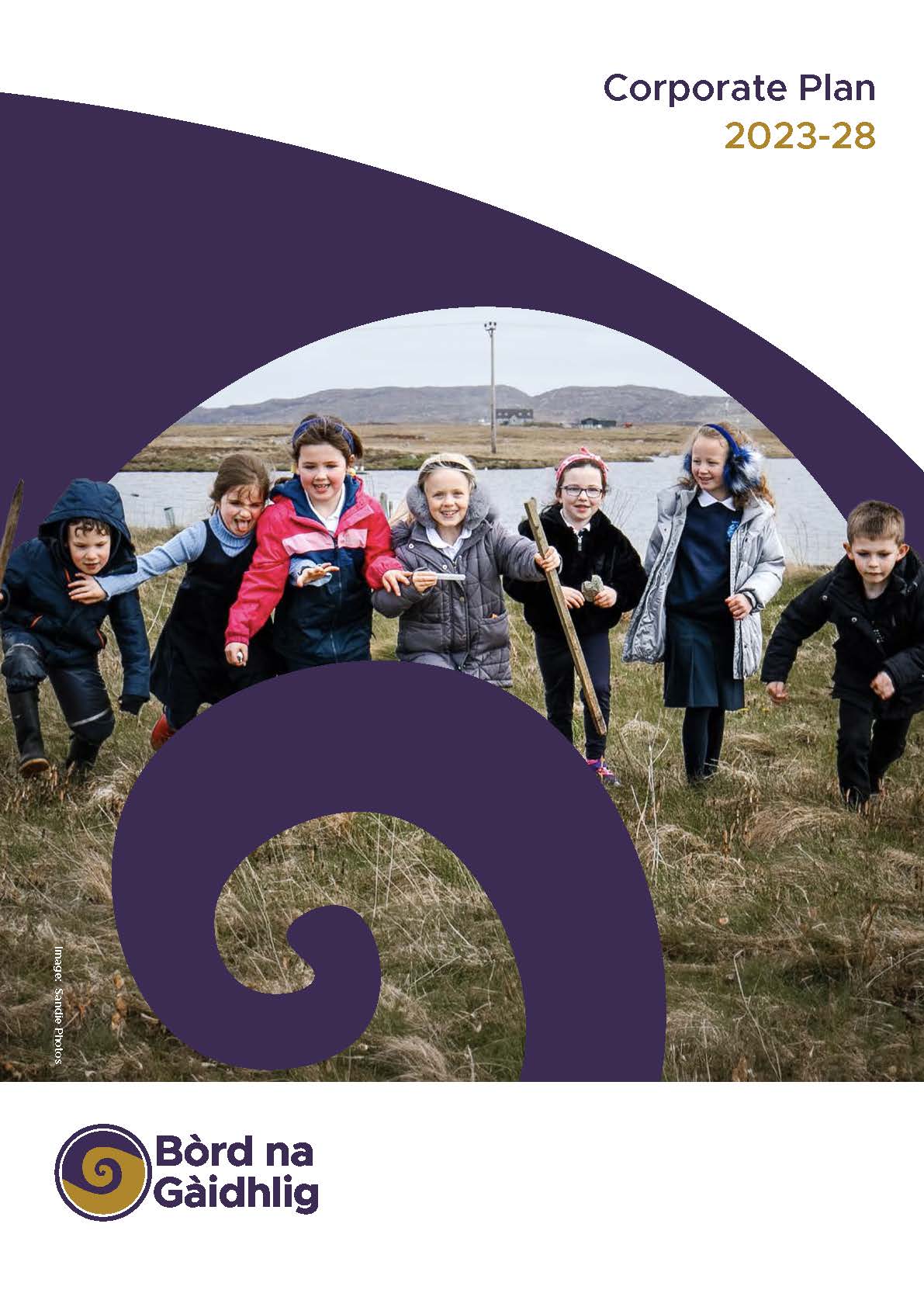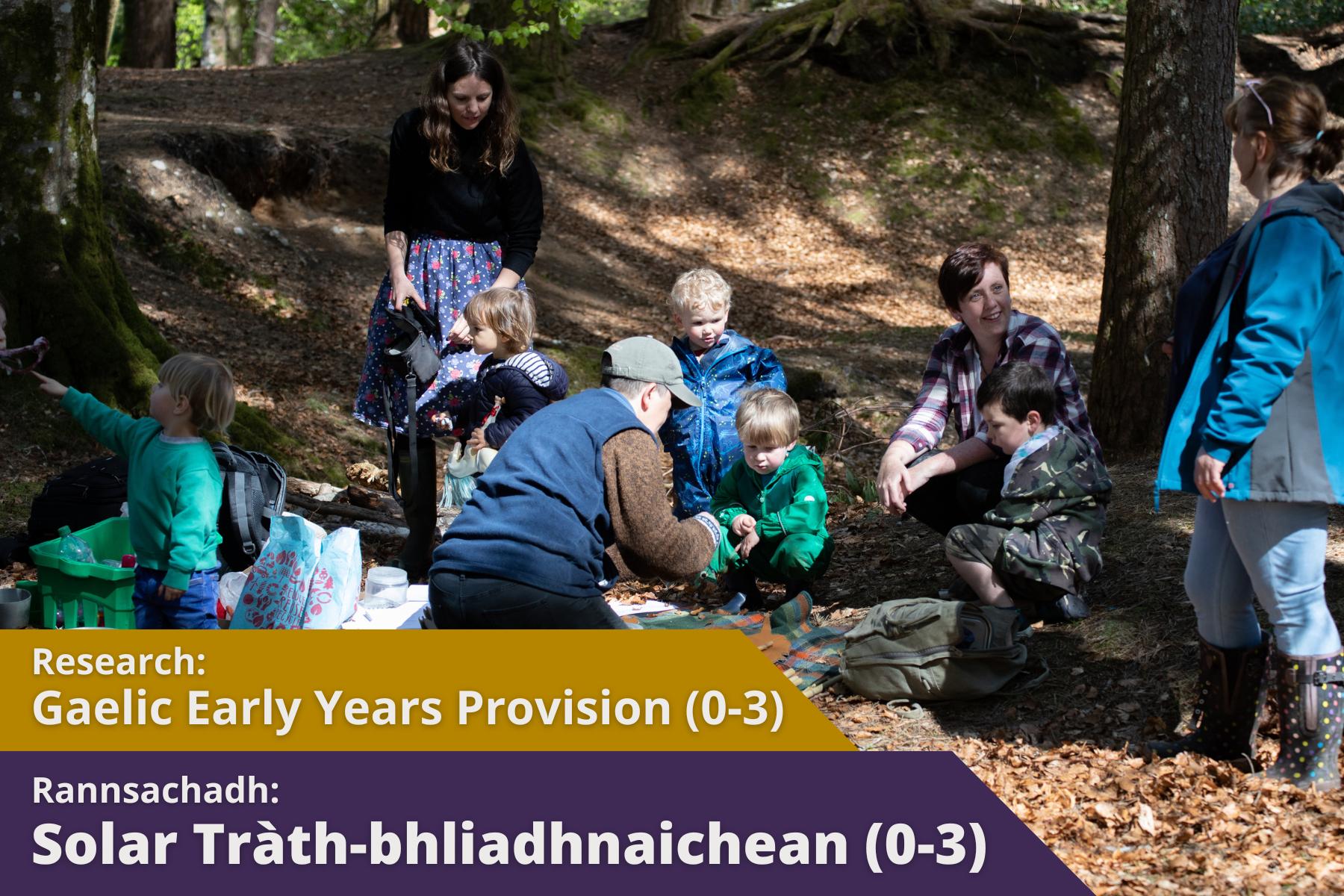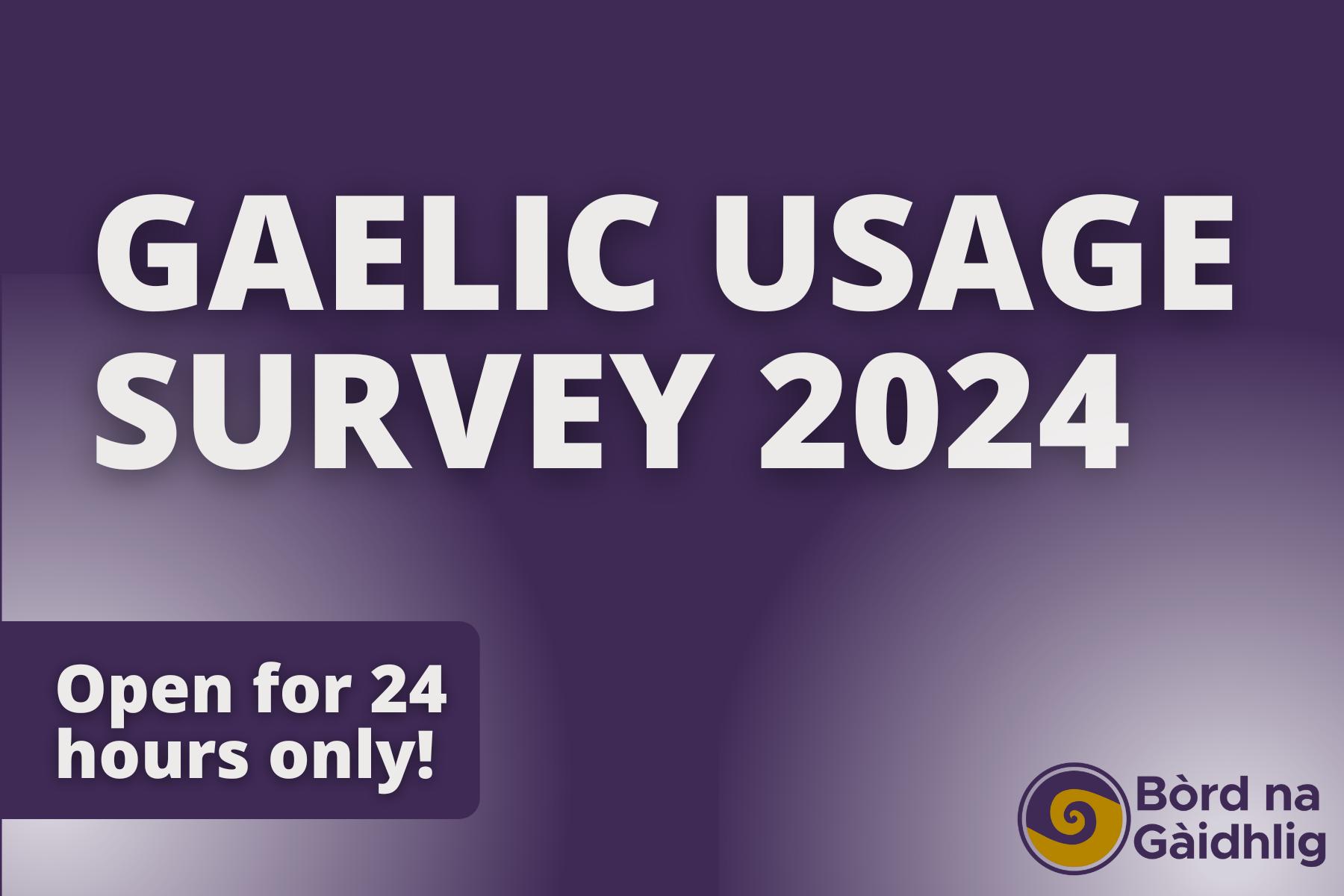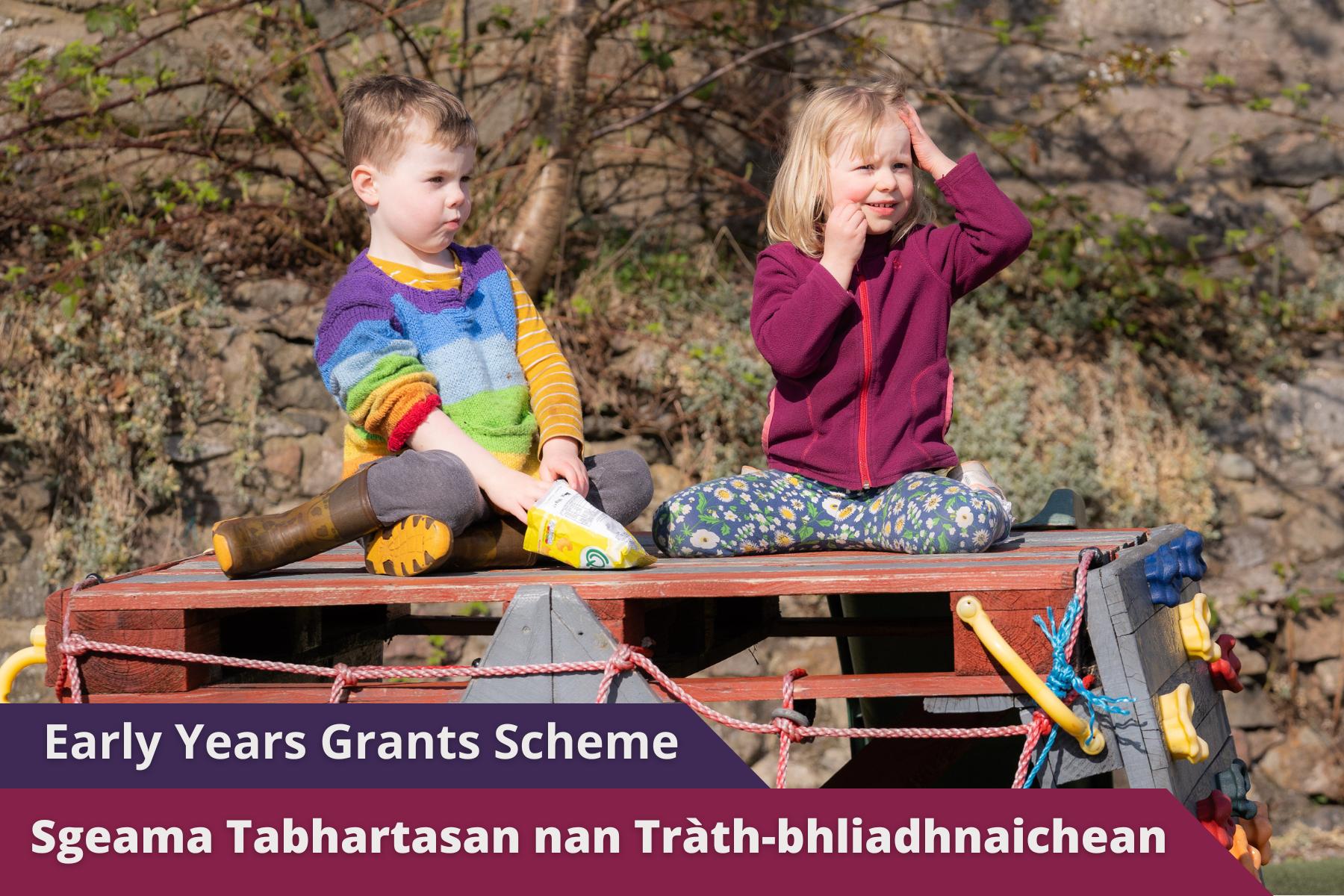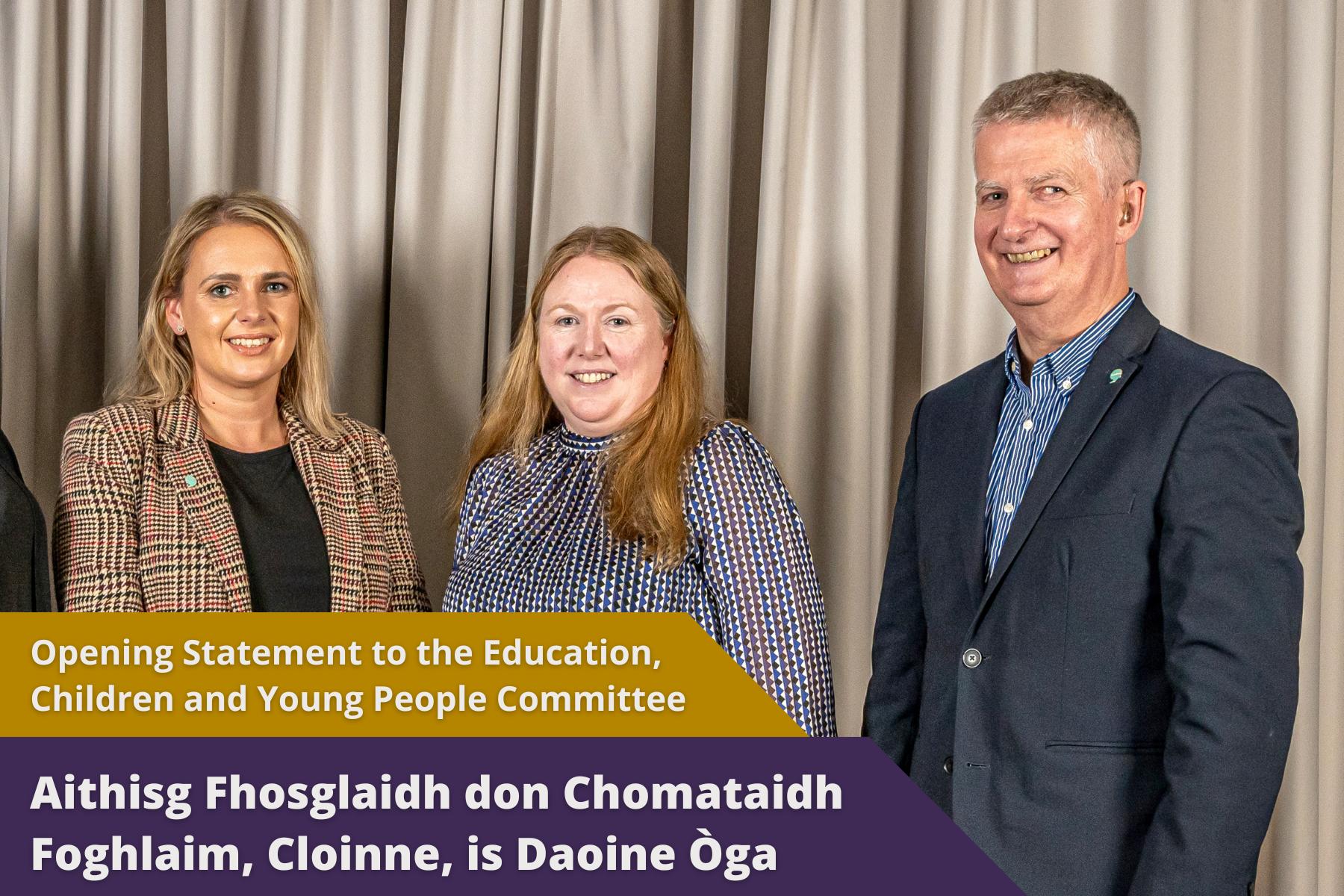Bòrd na Gàidhlig have confirmed that around £208,000 of funding will be utilised to support 48 Gaelic community projects across Scotland through our Taic Freumhan Coimhearsnachd (Community Grants) scheme this year. The Community Grants scheme is Bòrd na Gàidhlig’s primary funding scheme for supporting community groups to deliver projects that will promote and encourage Gaelic use and learning at the community level.
Organisations across the country will benefit from the scheme over the next two years with schools, community groups, and voluntary groups among them. As well as the 48 projects receiving support this year, there are 30 projects receiving continued support agreed through last year’s round of funding due to the newly available two-year funding agreements. The result of this is nearly 80 Gaelic community projects supporting Gaelic use and learning in a wide range of communities across the country.
Govanhill Baths Community Trust is the organisation receiving the largest grant – £10,000 over two years. The Trust are planning a project to gather and share information about the history and impact of the Gaelic language and Gaelic speakers in the area. Gaelic speakers have been ever present in the area and the Trust will organise workshops and other sessions to explore the links between these Gaels and their language and the buildings and other people in the area.
18 organisations will receive between £5,000 and £10,000 to deliver a wide range of projects. Hands Up for Trad are among these and have successfully applied for £5,000 to establish Cailearadh, a project which will provide an opportunity for young people in Uist to work with the RSPB, Comann na Gàidhlig, and Taigh Chearsabhagh Museum & Arts Centre to learn more about the island’s indigenous natural landscape and language. Breakish Hall in the Isle of Skye will receive £6,250 to deliver a project encouraging and supporting young people to organise and record interviews with older members of the community to hear, learn and preserve local stories, which will be added to a newly developed archive.
There are a number of groups receiving smaller grants, but who’s projects and work will be no less valuable. Among these are Ionad Gàidhlig Dhùn Èideann (Edinburgh Gaelic Centre), the Lochaber Fèis, and the Birks Cinema Trust. The groups all have a wide range of aims and targets and plan to deliver projects that will benefit people and communities of all ages and levels of Gaelic fluency.
Màiri MacInnes, Chair, Bòrd na Gàidhlig: “Gaelic use within communities is at the heart of the National Gaelic Language Plan 2023-28 and is a key focus for Bòrd na Gàidhlig. We are very happy to support these projects through the Taic Freumhan Coimhearsanachd scheme at a time where support for Gaelic speakers and community groups is so important.
“Supporting our communities is the means to having an impact on Gaelic use as an organisation and to preserving and developing our language and culture for Gaelic speakers and for the generations who’ll come after us.”
This was a very successful and competitive round of funding and applications were made for over £400,000 of support. While this lead to some very difficult decisions when allocating the available funds, it is also something to be encouraged by. There are a vast number of groups, organisations and people all over Scotland who want to and do deliver Gaelic projects and it’s great to see the ideas they have for work that can be carried out in our communities.
Steven Kellow, Funding and Projects Manager, Bòrd na Gàidhlig: “We are very happy to support these projects and to be able to deliver two years of funding again. The different projects will create valuable and engaging opportunities for people to use Gaelic within their comunities all over the country.
We are looking forward to working with the organisations recieving the support over the next two years as well as working with the groups and organisations who we were unable to support financially to identify other opportunities to bring their projects forward.”
More information about the Community Grants scheme can be found here.
Bòrd na Gàidhlig run various funding schemes at different times throughout the year. If you have a recommendation for a project and you would like to speak to us about it, please email tabhartas@gaidhlig.scot.
Funding Recipients:
Angus
- Kingoldrum Village Hall: Gaelic in the Glens – £350
Argyll
- Culture, Heritage and Arts Assembly Argyll and Isles (CHARTS): Ceanglan Chaluim Chille – £7,000
- Comunn Gàidhealach an Òbain: Mòd Acadamaidh An Òbain – £6,000
- Air Ghleus: Air Ghleus – £4,500
- Comann nam Pàrant Chomhghall: A’ Ceangal Cowal – £3,500
- Comunn Gàidhealach Muile: Sharing Gaelic In The Community Through Young People – £3,000
- F.A.I.R – Fairness, Acceptance, Inclusion, Respect: Aon Ghuth – £1,000
Edinburgh
- Young Scot: Bridging Languages: A Young Scot & Spunout Collaboration In Gaelic And Irish – £6,000
- Traditional Dance Forum of Scotland: Tha D Airson Dannsa / D Is For Dance – £3,500
- Ionad Gàidhlig Dhùn Èideann: Cruinn Còmhla – Làithean Coimhearsnachd Dhùn Èideann – £3,075
- Bun-sgoil Taobh na Pàirce: A’ Leasachadh Gàidhlig Ann An Dùn Èideann – £2,360
East Ayrshire
- East Ayrshire Gaelic Forum: Bringing Gaelic To Life – East Ayrshire – £4,500
East Dunbartonshire
- Comann nam Pàrant Bun Sgoil Innis an Uillt: Cnp Meadowburn Events – £2,000
East Lothian
- Battle of Prestonpans [1745] Heritage Trust: Celebrating Gaelic Speaking Highlanders Riggonhead Defile March – £3,000
Glasgow
- Govanhill Baths Community Trust: Govanhill:100 Years Of Immigration – £10,000
- Music Broth: Dè Thuirt Sibh? – £8,400
- Comhairle nam Pàrant Bun-sgoil Ghàidhlig Ghleann Dàil: Coisir Bunsgoil Gaidhlig Ghleann Dail – £7,000
- Lingo Flamingo: Tha Urram San Aois – £5,000
- Hands Up for Trad: Ceilearadh – £5,000
- Cabag: Cèilidh Cabag – £3,375
- Gàidhlig san Dachaigh (Glaschu): Gabbin In Gaelic – £2,500
- Comann Gàidhlig Ghlaschu: Sreath Òraidean – £1,400
Highland
- Kyle & Lochalsh Community Trust: Sgeul Agus Seanchas As Ùr – £7,250
- Comann Eachdraidh na Comraich: Geugan – £7,000
- Talla Bhreacais: Talla Bhreacais @ 100 – £6,250
- Eden Court: Prògram Leudachaidh Gàidhlig Aig Eden Court – £5,000
- Ardgour Area SCIO: Freumh Is Fochann: Gàidhlig An Àird Ghobhar (Roots And Shoots: Gaelic In Ardgour – £4,500
- Cultarlann Inbhir Nis: Cofaidh, Ceòl Is Cabadaich 2025-2026 – £4,200
- FC Sonas: Cuach Nan Gàidheal / The Gaels Cup – £4,000
- Fèis na h-Òige: Club Dihaoine – £3,650
- West Highland Museum: Gaelic Roots: Community Connections – £3,000
- Meur Loch Abar: Meur Loch Abar Mod Club – £3,000
- Fèis Lochabair: Fèis Spors Loch Abar – £2,000
- Portree and Braes Community Trust: Speak Up For Gaelic/Bruidhinn Gàidhlig! – £1,000
Na h-Eileanan an Iar
- Comann Eachdraidh Eirisgeidh: A’ Clàradh Seann Cleachdaidhean Agus Bàrdachd – £7,250
- Taigh Dhonnchaidh: Co-Òrdanaiche Thachartasan – £7,000
- Ealain Tìr a’ Mhurain: Co-Òrdanaiche Thachartasan – £6,500
- Kinloch Historical Society: Ceann A Loch-Ar Cànan ‘S Ar Ceòl – £5,750
- An Taigh Cèilidh: Bùthan-Obrach – £5,520
- Urras Oighreachd Ghabhsainn: Misneachadh Gaidhlig Anns A’ Choimhearsnachd – £5,000
- Urras Coimhearsnachd Bhràdhagair agus Àrnoil: Gàidhlig Aig Grinneabhat – £4,150
- Taigh Chearsabhagh: Romhainn – £4,000
- Sruth-mara: Taigh-Chèilidh Ùige – £4,000
Perth and Kinross
- Comann nam Pàrant Obair Pheallaidh: Siuthad Gàidhlig! – £3,500
- The Birks Cinema Trust: Gaelic Culture @ The Birks – £2,500
Renfrewshire
- ClannGàidhlig: Expansion Of Gaelic Learning Opportunities – £3,500
South Ayrshire
- Friends of the Broadway Prestwick: The Broadway Cinema Phase 0.5 – £750
South Lanarkshire
- Clydesdale Community Gaelic Initiative: Gaidhlig Ann An Dail Cluaidh – £6,000

